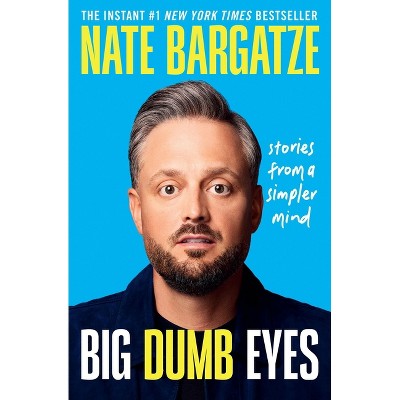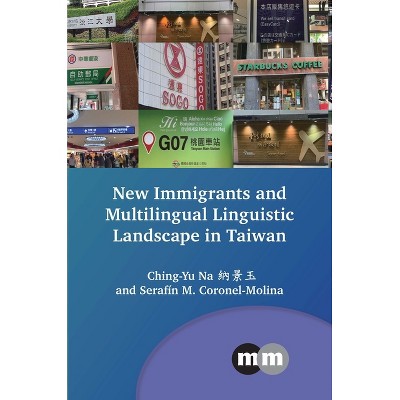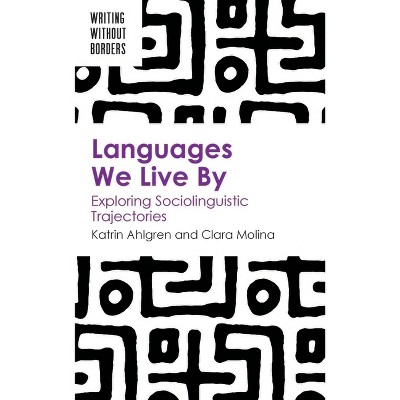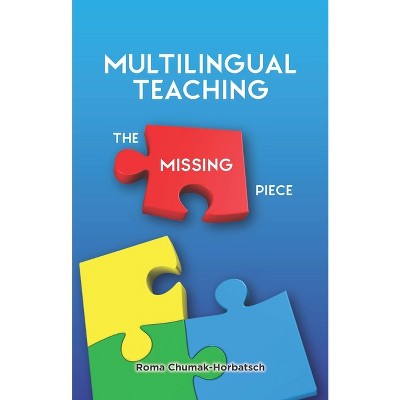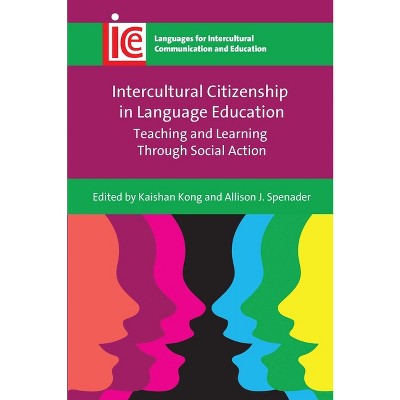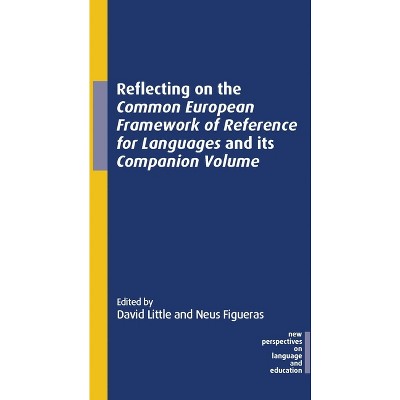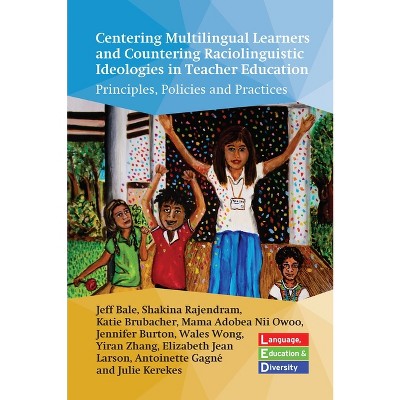Heritage Languages in the Digital Age - (Multilingual Matters) by Birte Arendt & Gertrud Reershemius (Paperback)

About this item
Highlights
- Against the backdrop of social media and internet use and their impact on communication, those working with minority (or autochthonous) heritage languages, including teachers, language activists and planners and researchers, are reassessing the media, language policy and teaching practices which they had previously applied to stem the tide of language shift towards majority languages.
- About the Author: Birte Arendt is a Lecturer at the Institute for German Philology and Director of the Competence Centre for the Teaching of Low German at the University of Greifswald, Germany.
- 240 Pages
- Language + Art + Disciplines, Communication Studies
- Series Name: Multilingual Matters
Description
About the Book
In light of changing digital communication, this book addresses issues including a shift from a focus on oral to written practices; the rise of new communities of practice and communicative domains; and the need for resulting shifts in language policy and teaching methods when applied to minority (or autochthonous) heritage languages.
Book Synopsis
Against the backdrop of social media and internet use and their impact on communication, those working with minority (or autochthonous) heritage languages, including teachers, language activists and planners and researchers, are reassessing the media, language policy and teaching practices which they had previously applied to stem the tide of language shift towards majority languages. The languages examined in this book are still spoken by a considerable number of speakers and enjoy varying and varied forms of institutional, legal, financial and ideological support. While their overall numbers of speakers are declining, their importance for identity construction and commodification processes continues to increase. This book addresses issues including the potential for a shift from a focus on oral to written practices; the rise of new communities of practice and communicative domains; and the need for resulting shifts in language policy and teaching methods.
Review Quotes
This instructive volume unites case studies of a wide range of minority languages that give the reader an impressive overview of the opportunities that digital media and technologies provide. With its examination of communication practices, teaching tools and language ideologies, this volume will be of interest to linguists and graduate students in media linguistics, sociolinguistics and language didactics.-- "Evelyn Ziegler, Universität Duisburg-Essen, Germany"
This valuable and timely collection examines the critical relationship between endangered languages and digital media. Drawing on a range of European contexts, the case studies provide a rich variety of practical and theoretical perspectives on methodologies, ideologies, behaviours and interventions. While the case studies provide fascinating local insights, they also have implications for endangered languages worldwide.-- "Daniel Cunliffe, University of South Wales, UK"
About the Author
Birte Arendt is a Lecturer at the Institute for German Philology and Director of the Competence Centre for the Teaching of Low German at the University of Greifswald, Germany. Her research interests include regional language teaching, digital language pedagogy, language acquisition in peer interactions and language attitudes. She is currently leading the project Interuniversity Teaching Network: Low German Teaching.
Gertrud Reershemius is Professor of Linguistics and Language Contact at Aston University, UK. Her research focuses on pragmatics, language contact and multilingualism with a focus on speakers of smaller or lesser used languages such as Yiddish and Low German. She is particularly interested in mediatisation processes and the study of semiotic landscapes, and she has published widely on these topics.
Shipping details
Return details
Trending Book Pre-Orders





